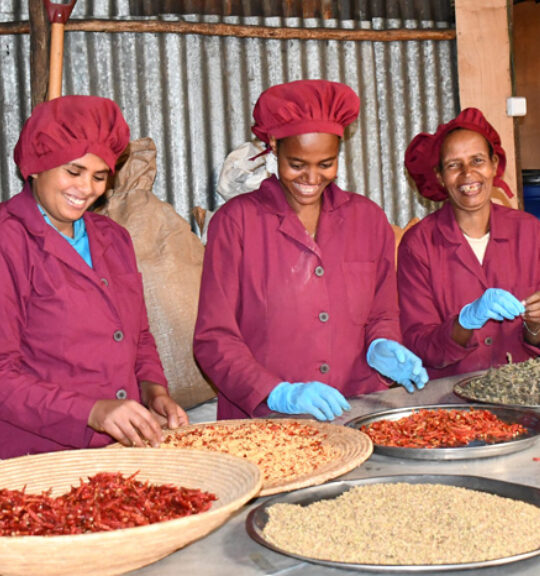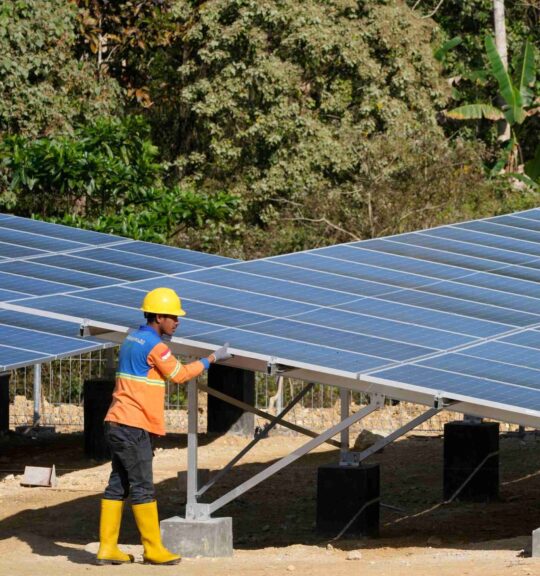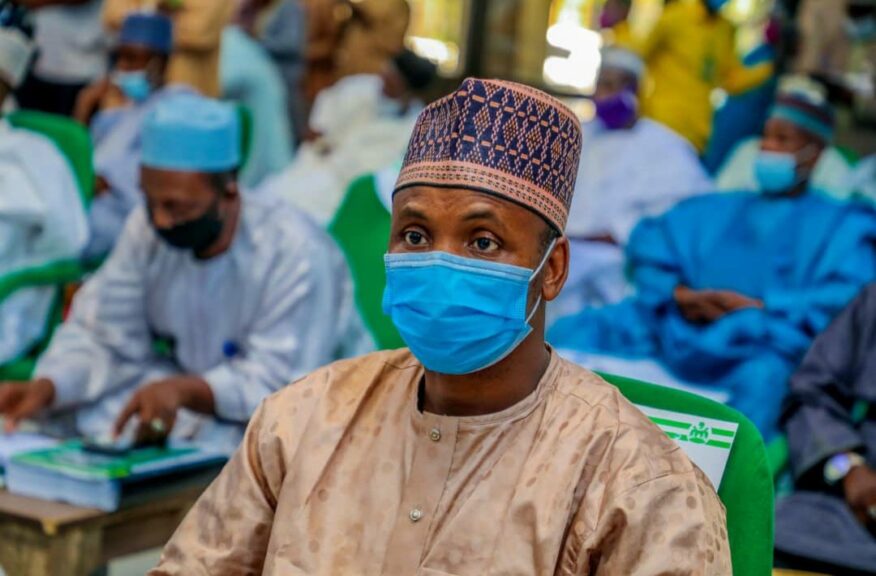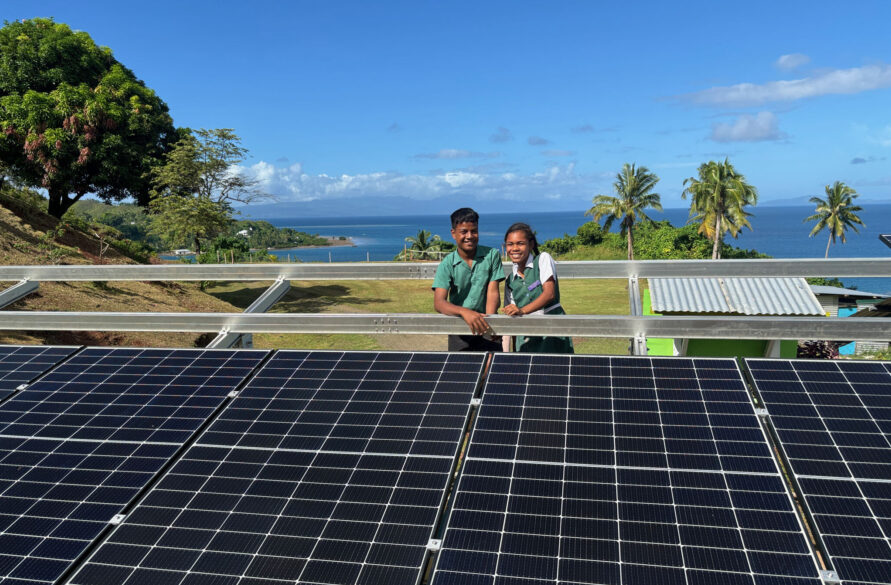Our Impact
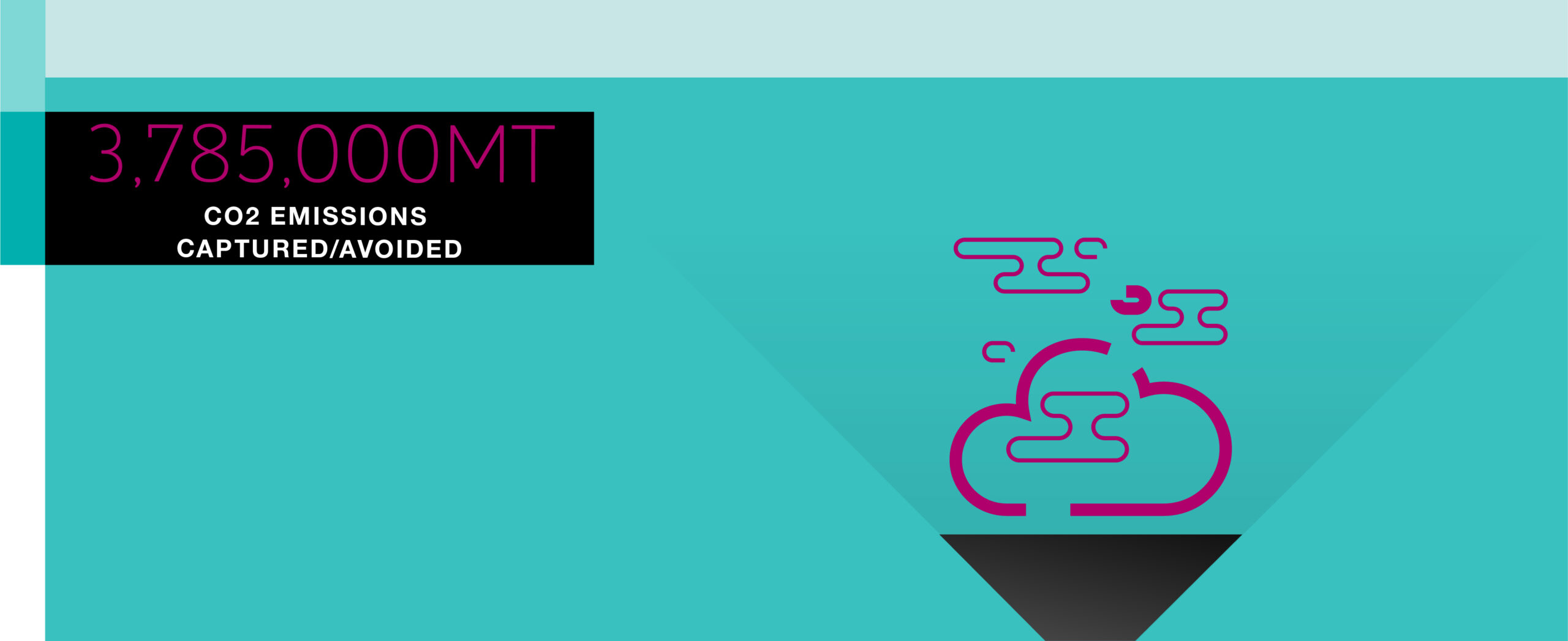
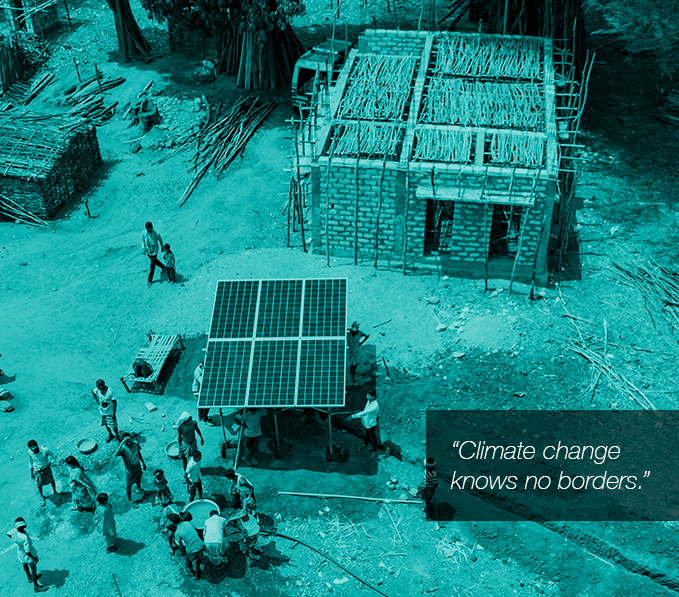
Climate change knows no borders.
Greenhouse gases emitted in one part of the world affect the entire planet, contributing to rising temperatures, melting ice caps, and more extreme weather events. By committing to reduce emissions worldwide, we can collectively mitigate these impacts, protecting ecosystems, economies, and communities everywhere.
When done right, reducing emissions ensures that all countries, regardless of their economic status, contribute to and benefit from a more stable and sustainable climate.
However, achieving global emission reductions presents significant challenges. One major hurdle is the differing economic capacities and priorities of countries. Wealthier nations have more resources to invest in clean technologies and infrastructure, while other countries may struggle to balance emission reduction with economic growth and poverty alleviation. Ensuring fair and equitable contributions from all nations requires international cooperation, financial support, and technology to help less wealthy countries transition to low-carbon economies.
Another challenge is the reliance on fossil fuels for energy and transportation, deeply embedded in many economies. Transitioning to renewable energy sources, such as solar and wind, requires substantial investment and time. Despite these obstacles, the benefits of global emission reductions—such as improved public health, enhanced energy security, and the mitigation of climate change’s most severe impacts—make it a crucial endeavour that demands our collective commitment and innovation.
Around the world, our projects are addressing those challenges head on and scaling the solutions that create true impact.
Supporting a Just Transition
In the Asia Pacific region, innovative solutions to the climate crisis are showing positive results.
Our MENTARI program in Indonesia is developing low-carbon energy solutions that support the country’s just energy transition. Through the program, we’re partnering with policy makers to finance the installation of mini-grids in remote villages, providing electricity to rural households for the first time.
Access to clean energy will also provide other benefits for these small communities, developing a more productive and inclusive local economy by powering local businesses and enhancing agricultural output. From allowing businesses and health care facilities to operate longer hours and provide cold storage for medicine, to giving children a chance to study later into the evening and illuminating streetlights to improve safety, energy access touches nearly every facet of people’s lives.
A key part of MENTARI’s work is community involvement. At the end of the day, a successful transition to a low-carbon economy cannot take place in a vacuum. It’s a transition that will require a shift from every sector and every person around the world. By training community members in the skills needed to build and maintain their village’s solar grid, MENTARI is ensuring sustainability and boosting the local economy.
Sustainability Built on Partnerships
Similarly, the Australia-funded Business Partnerships Platform supports partnerships between the Australian government and businesses that provide sustainable products and services. Often these businesses support more inclusive value-chains.
Across 19 different countries in Asia, Africa, and the Pacific, the Platform operates in 10 sectors. Through its support, businesses are creating social and environmental impact. Ultimately the partnerships support businesses to de-risk and scale green investments. Through the Platform, businesses are delivering affordable and clean infrastructure, reducing water use and supporting climate resilience and the preservation of natural capital.
In Timor-Leste, community health clinics provide critical health services in rural and remote areas to over one million people often suffering from poor socio-economic conditions, extreme poverty, malnutrition and high mortality rates.
These clinics require safe and reliable electricity to operate effectively. However, many do not have access to the electricity grid or if they do, their remote location means lower power quality and unreliable, intermittent supply.
With support from the Business Partnerships Platform, MEA Power Up is addressing this issue by partnering with Master Electricians Australia and the Australian Government to enhance critical health infrastructure through clean, affordable, and reliable energy in remote and rural communities in Timor-Leste. The partnership is targeting four critical health infrastructure sites in Timor-Leste’s Cova-Lima Province, including two medical clinics and two water pumping sites, which will benefit from new solar energy systems.
The partnership will also explore providing excess power to support community-owned commercial revenue generation activities, emphasising the importance of sustainable energy solutions for healthcare and water access in the region.
A transition to a low carbon economy doesn’t just rest on the shoulders of one sector. To do it right, it will require every sector of every economy to make a shift. Our projects are proving that the shift is possible and how willing most people are to take part, once the right support is in place.

